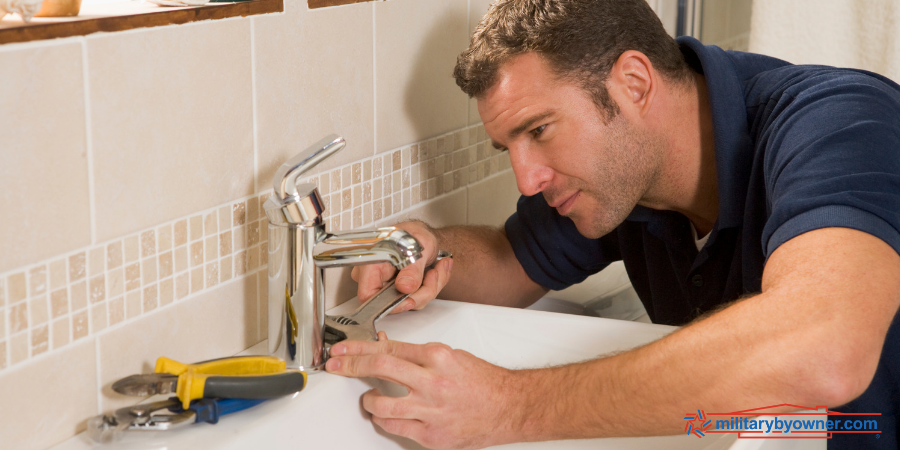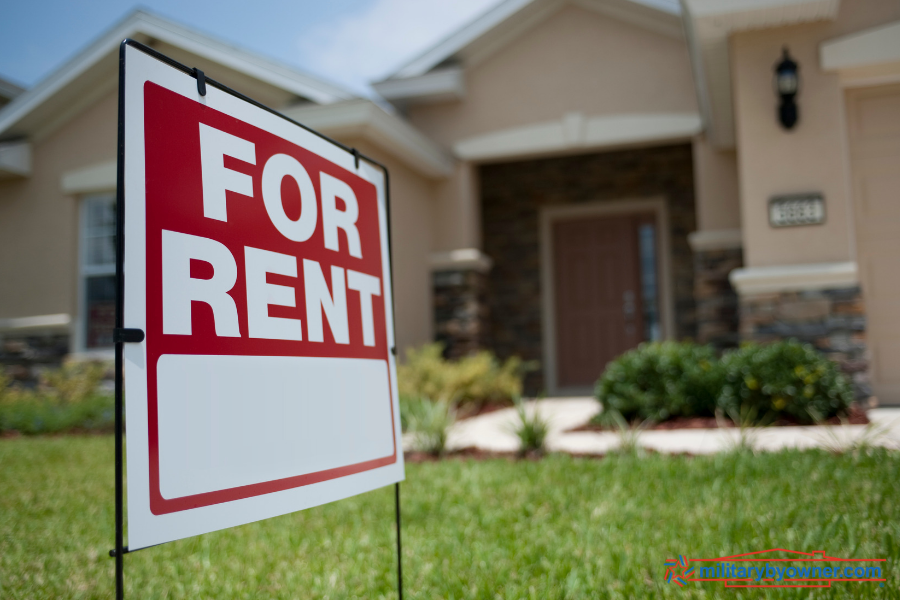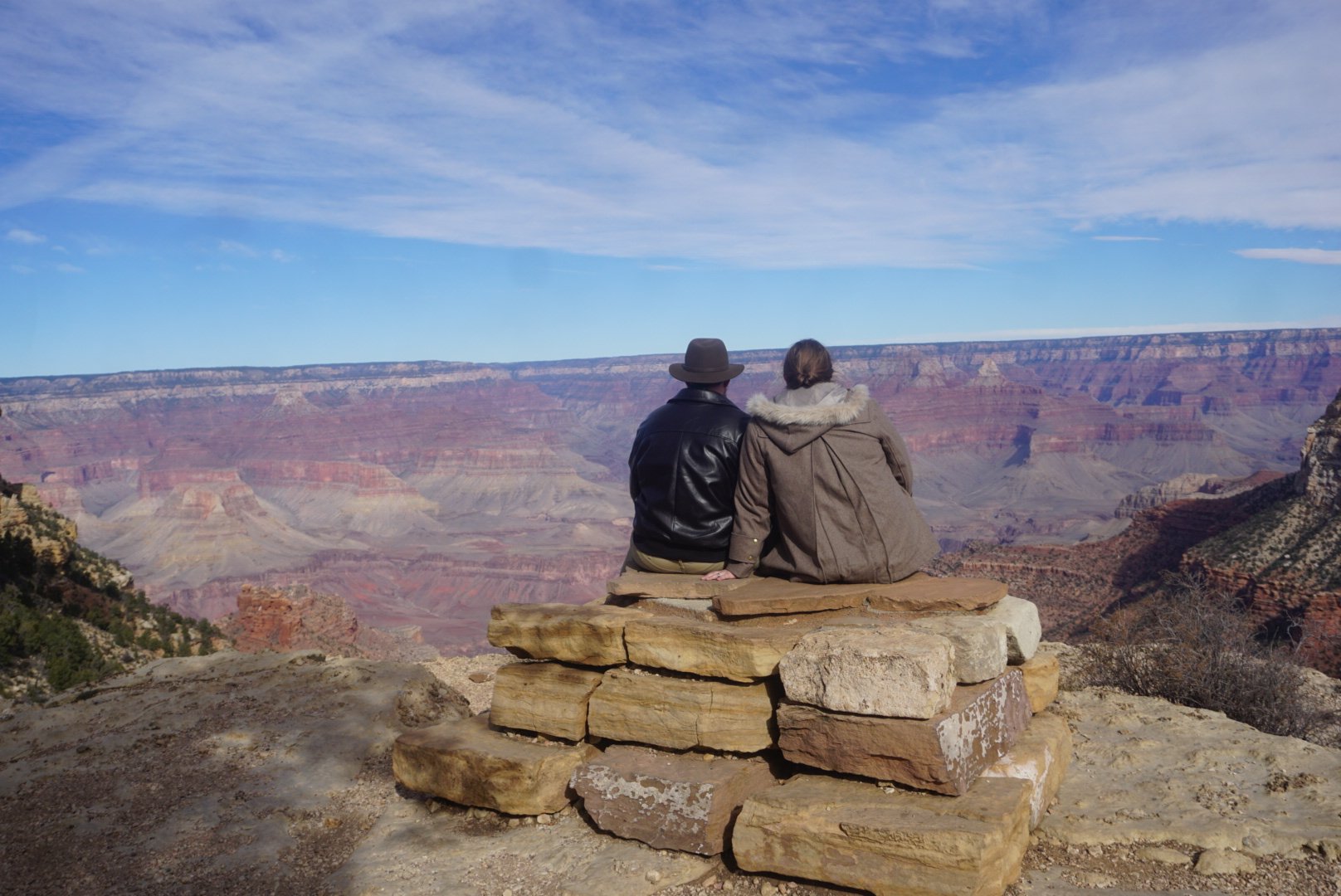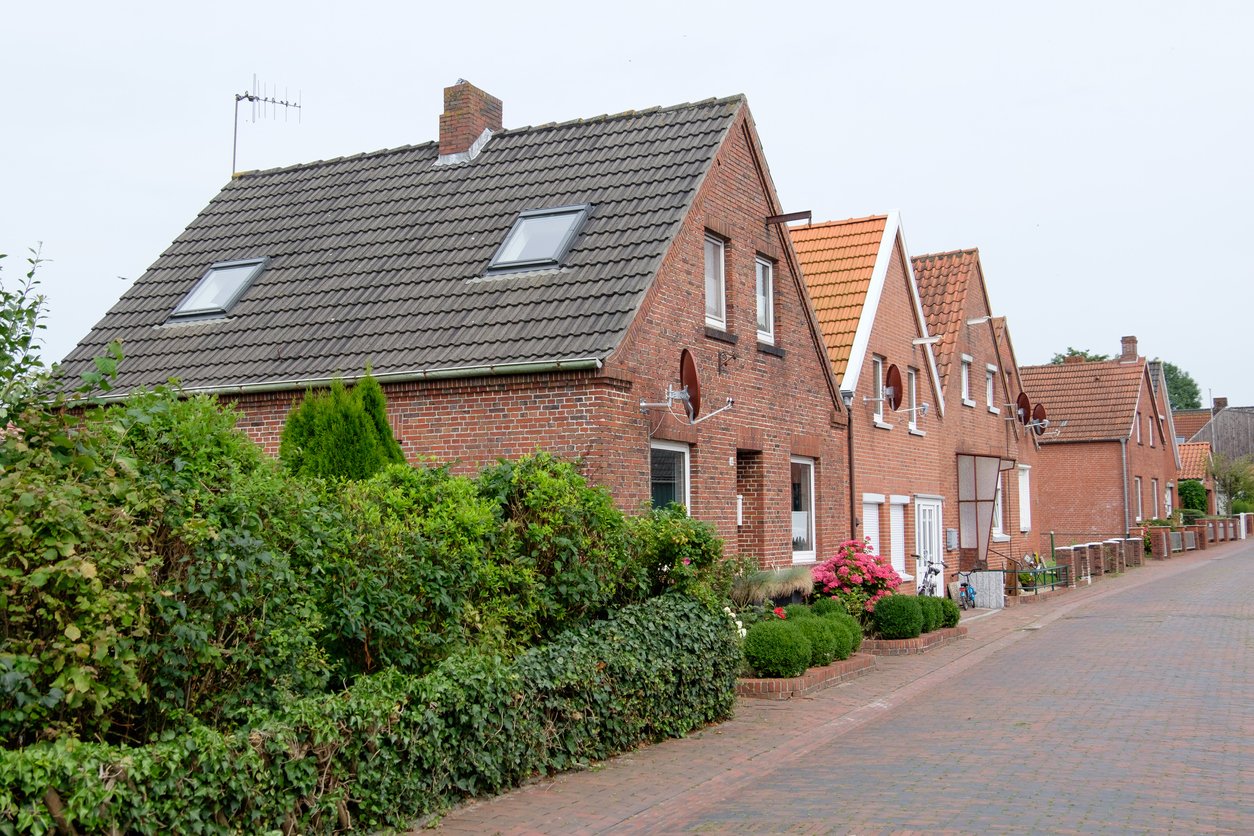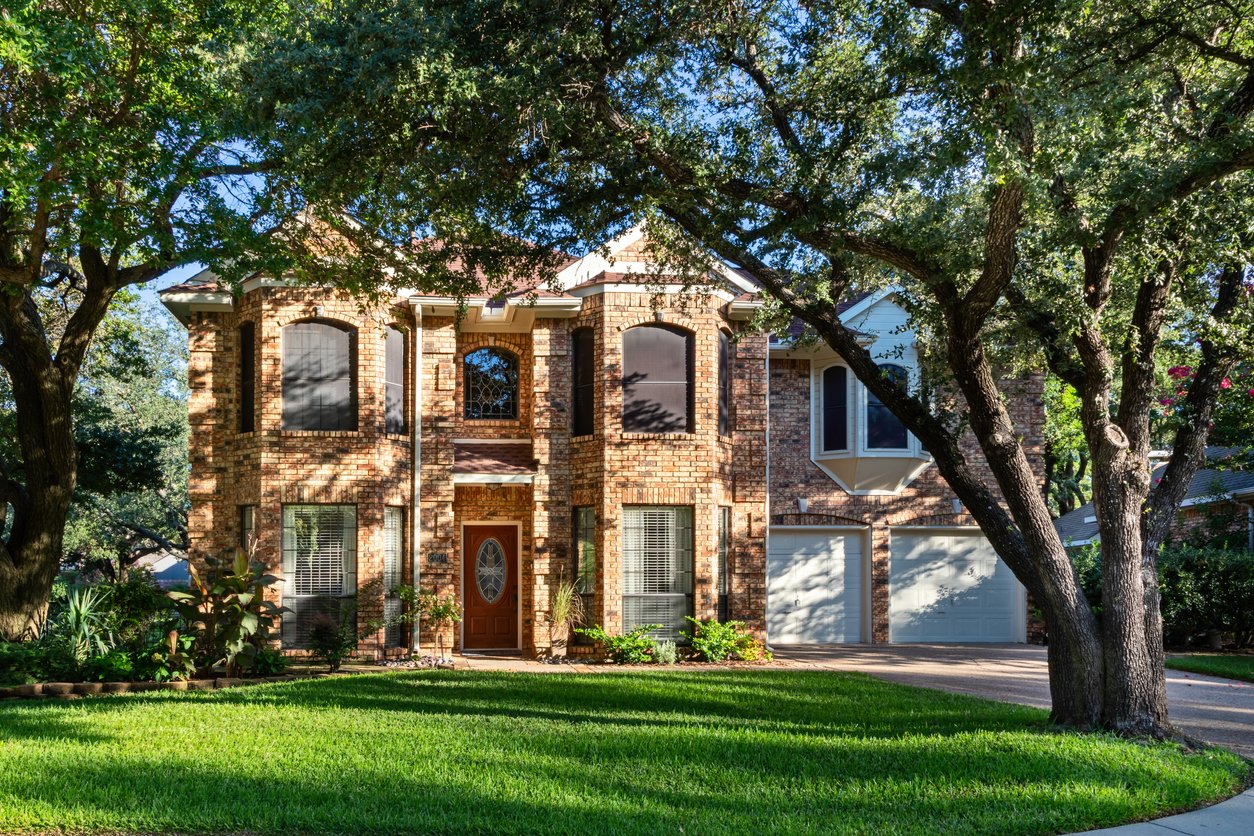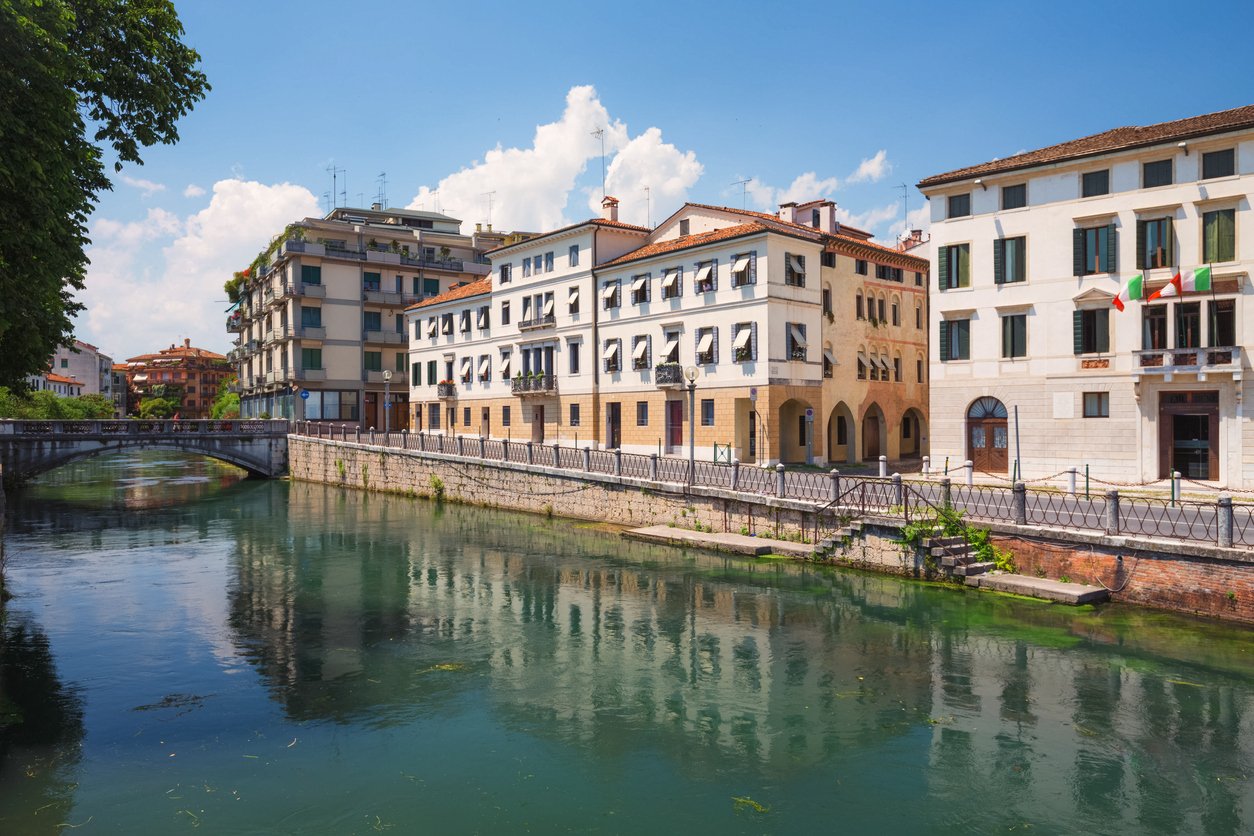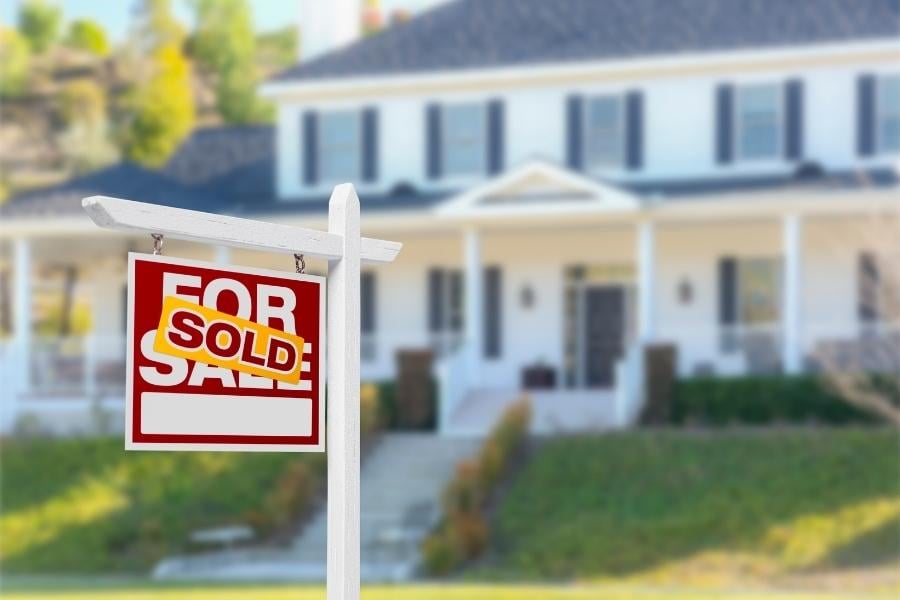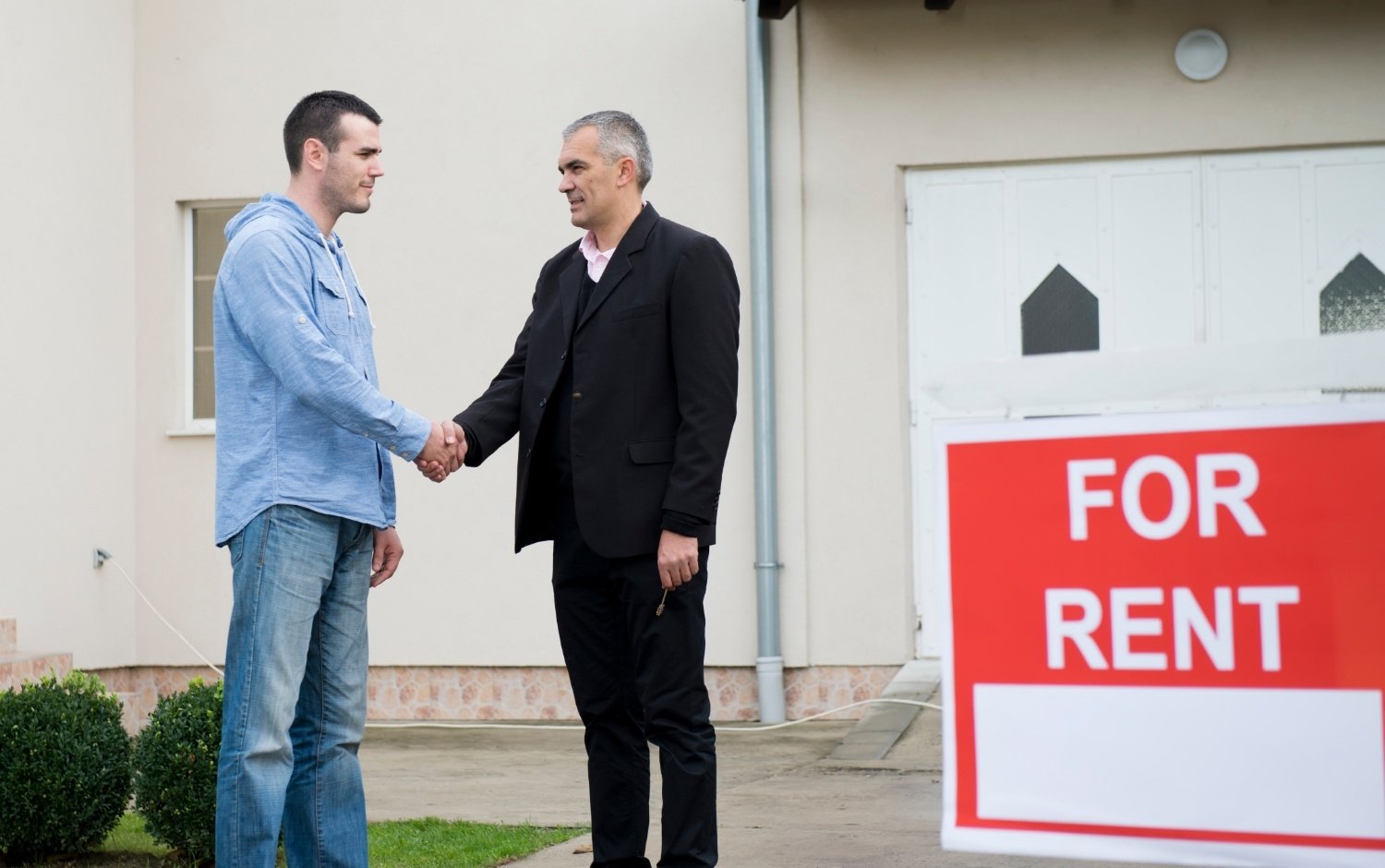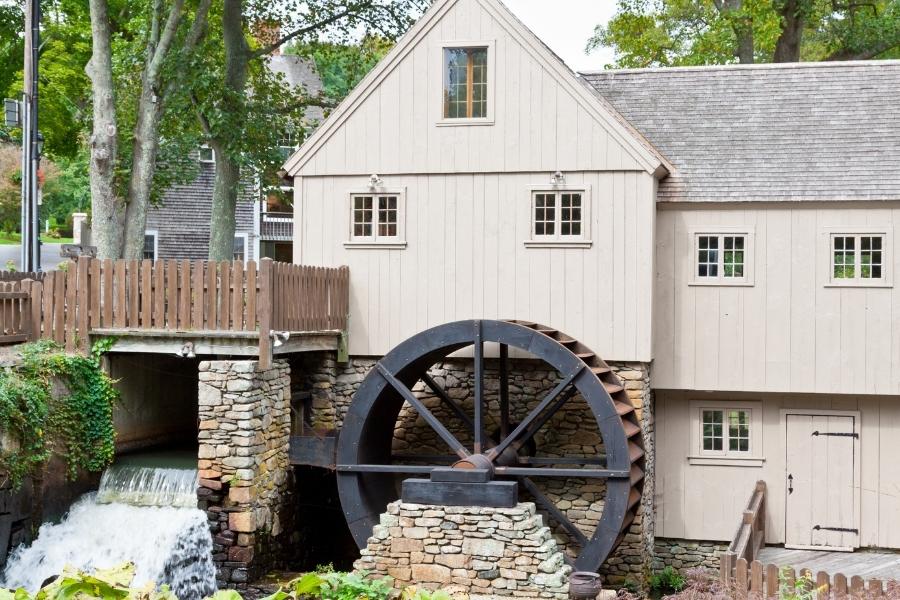Are You a Military Slumlord?
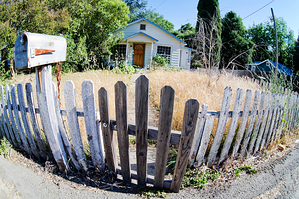
Over coffee last year, a friend joked about her desire to leave the Marines to focus on establishing her slumlord empire as a retirement plan. As with many military families who own rental properties, she also bought her rentals as owner-occupied homes; she lived in them at each duty station and turned them into rentals upon relocating to her next duty station.
While she jokes about being a slumlord, she doesn’t mean it. I can’t imagine any Marine letting her standards drop enough to have subpar housing associated with her name.
What is a Slumlord?
According to Urban Dictionary, a slumlord is a rich person who overcharges rent to low income families and then refuses to complete proper maintenance and repairs on the property until it eventually fits the definition of a “slum.”
You don’t have to be rich to be a slumlord, though. As a military family, you already know you can own a property with a zero down VA loan.
You don’t have to rent to low income families to be a slumlord.
You also don’t need to own housing in an area where you’d be uncomfortable walking around unarmed to fit the definition of a slumlord either.
As a military family living far away from your rental property, you may inadvertently fit this definition of slumlord if you:
- Cannot conduct regular maintenance inspections.
- Don’t have a property manager to conduct regular maintenance inspections.
- Cannot afford costly, but necessary repairs on your property.
Though Urban Dictionary presents a good working definition of a slumlord, they aren’t exactly an authoritative source. The authoritative source on what classifies a slum rests with your city inspector. If a tenant files a complaint of a violation of your local rental building codes with your city, you will receive a notice of inspection. If violations are found, then you will receive a short period in which to make the necessary repairs (usually around two weeks). If you do not make the repairs, then the following can happen:
- Civil violations: These come with fines, mandatory classes, and even public apology notice requirements.
- Criminal violations: These come with huge fines and can even include jail time.
- Designation of your property as a slum: Once your property receives this designation, it then constitutes a public nuisance and is subject to regular inspections by the city.
How Do You Avoid a Designation of Your Property as a Slum?
To avoid a designation of your property as a slum, you should ensure that regular maintenance is conducted on the rental. Even if money is tight, your budget will need to stretch to afford hiring a service to inspect the property if you do not already have arrangements in place with a property management company.
The cost-benefit ratio definitely favors maintenance inspections in this case. Not only will regular maintenance inspections help prevent your property from ever reaching the echelons of slumdom, but also they’ll help save you money in the long run, as regular maintenance on systems such as water heaters and air conditioning units can add years onto the life of the system. Keep in mind that replacing an air conditioning system can easily cost $5,000 while bi-annual inspections cost approximately $150.
A slum property is not one that has a little bit of wear and tear; a slum has damages that could pose health and safety risks to tenants. It’s important to know the difference. Take the following cases as examples:
- Carpet: Faded or worn carpet, though not pretty, is simply a sign of regular wear and tear. Carpet with holes in it, however, is damaged and must be replaced. Torn carpet represents a safety risk as a tenant could trip on the carpet.
- Wallpaper: As with carpet, faded wallpaper is not aesthetically pleasing, but fading simply reflects regular wear. Torn wallpaper, however, can pose a health risk, particularly in the case of a home with older lead paint.
- Sinks: Rusty sinks are also an ugly sight, but that’s just wear and tear; a clogged sink, meanwhile, is a requisite repair.
When trying to determine if a possible maintenance matter requires a repair, ask yourself if it’s just an ugly sight or could it potentially cause a health and safety hazard. If you’re not sure, ask a property manager or check with your local building inspector. You can locate building inspectors through your city government’s website.
Also, look for our upcoming blogs on property maintenance to see what regular check-ups you need to perform on your home!


